Plenary speaker
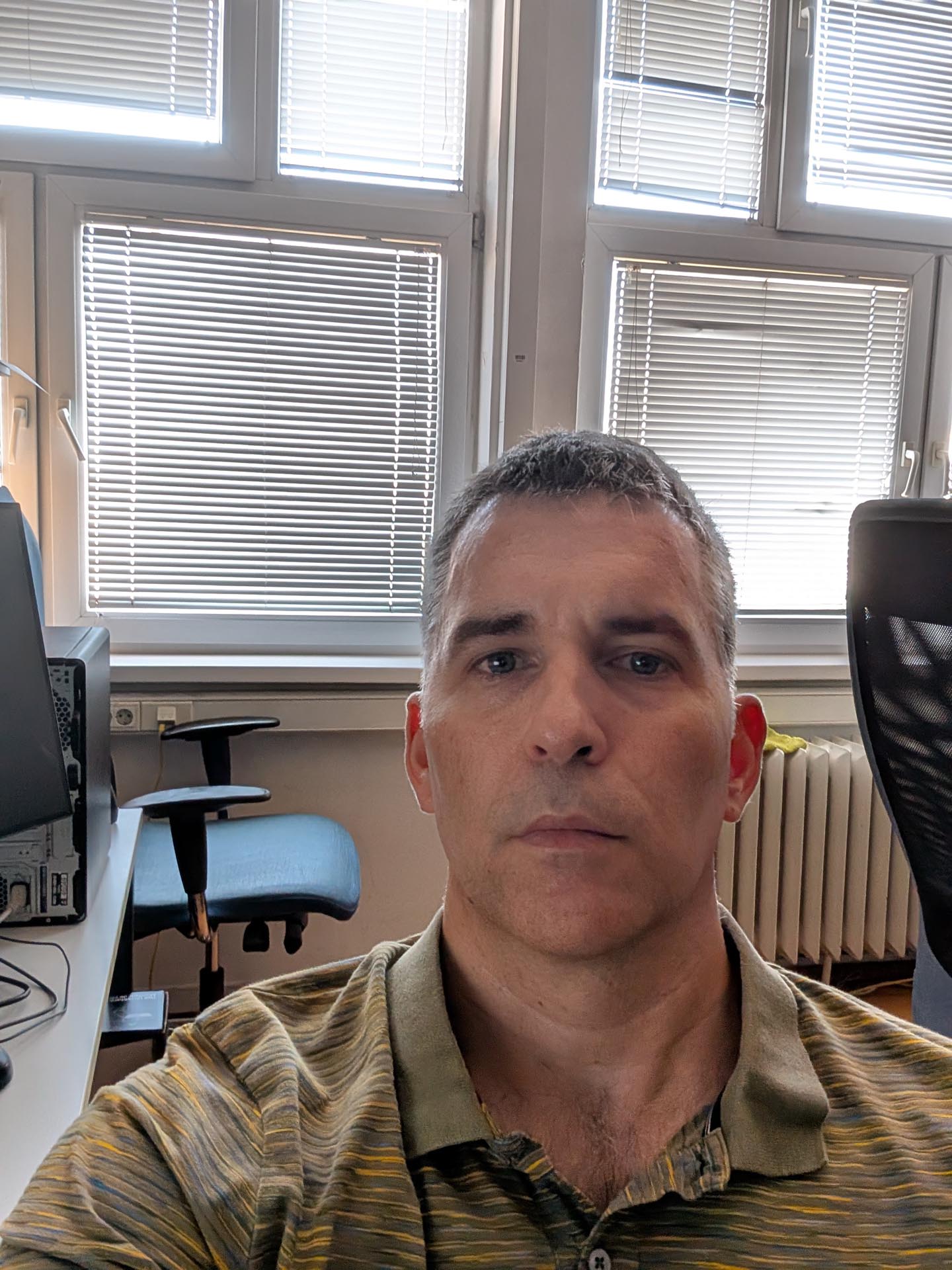
ANTONIO STARČEVIĆ
AI Driven Biotechnology for a Healthier and More Sustainable World
Antonio Starčević is a Full Professor at the University of Zagreb Faculty of Food Technology and Biotechnology, and head of the Department of Biochemical Engineering where he teaches courses in bioinformatics, proteomics, and biotechnology. He earned his MSc in Biotechnology (2004) from the University of Zagreb and PhD in Biology (2009) from TU Kaiserslautern, Germany, focusing on in silico analysis of biosynthetic clusters. His research interests span functional genomics, bioinformatics, proteomics, and digital biotechnology, focusing on sequence assembly, data mining, and genome/metagenome sequence analysis with special interest in applying natural language processing methods to bioinformatics problems and in facilitating technology transfer from academia to industry. He holds a WIPO (PCT) patent for an in silico method used for annotating natural product gene clusters and generating novel biologically active chemical entities from DNA sequences developed during his PhD and the ClustScan software. He has authored 41 Web of Science publications (H-index: 14), has led national projects on gut microbiome and clinical proteomics and serves as an expert evaluator for EU H2020 and COST. He is also a co-founder of SemGen Ltd., reflecting his engagement in technology transfer and entrepreneurship.
Keynote speakers
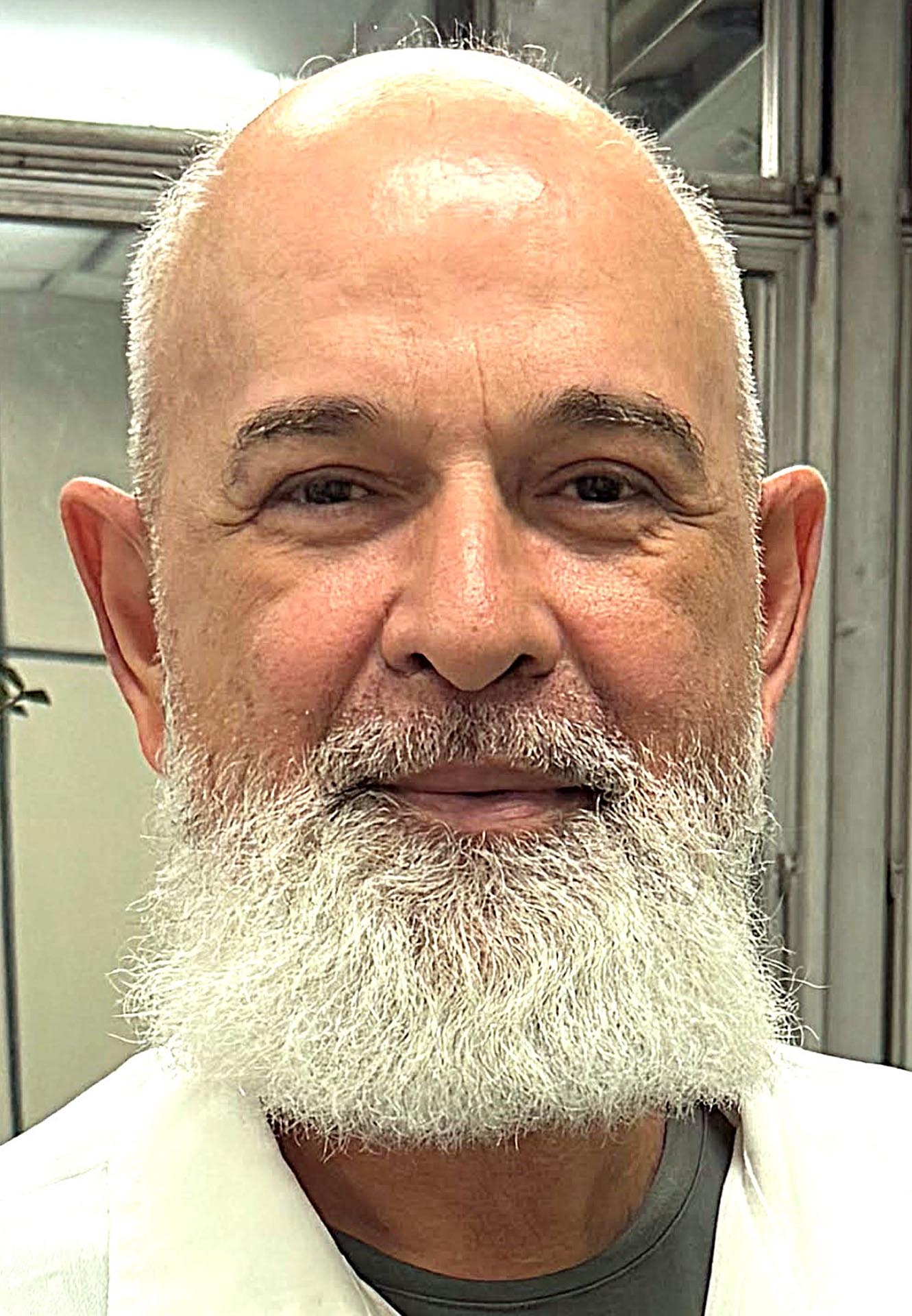
ADALBERTO PESSOA
Translating Research into Innovation: Biopharmaceutical, Biocosmetic, and Biobased Product Development from University to Market
Adalberto Pessoa Jr is a Full Professor at the School of Pharmaceutical Sciences, University of São Paulo (FCF/USP), where he has taught Pharmaceutical Biotechnology since 1998. He holds a degree in Food Engineering, a Master’s and Ph.D. in Biochemical-Pharmaceutical Technology (USP), with a sandwich Ph.D. in Germany (GBF) and postdoctoral training at MIT. He coordinated graduate programs, served in academic leadership roles at FCF/USP, and was Editor-in-Chief of the Brazilian Journal of Microbiology. He has advised over 70 graduate and postdoctoral researchers and has more than 318 publications, 13 patents, and 12,000 citations. He was listed among the world’s top 2% most influential scientists (Elsevier/Stanford). He is a consultant for Eurofarma, partner in biotech companies, and serves as a federal court expert. He has collaborated internationally with institutions in Italy, Chile, Mexico, and the UK, including a double Ph.D. program with King’s College London, where he is a senior visiting professor.
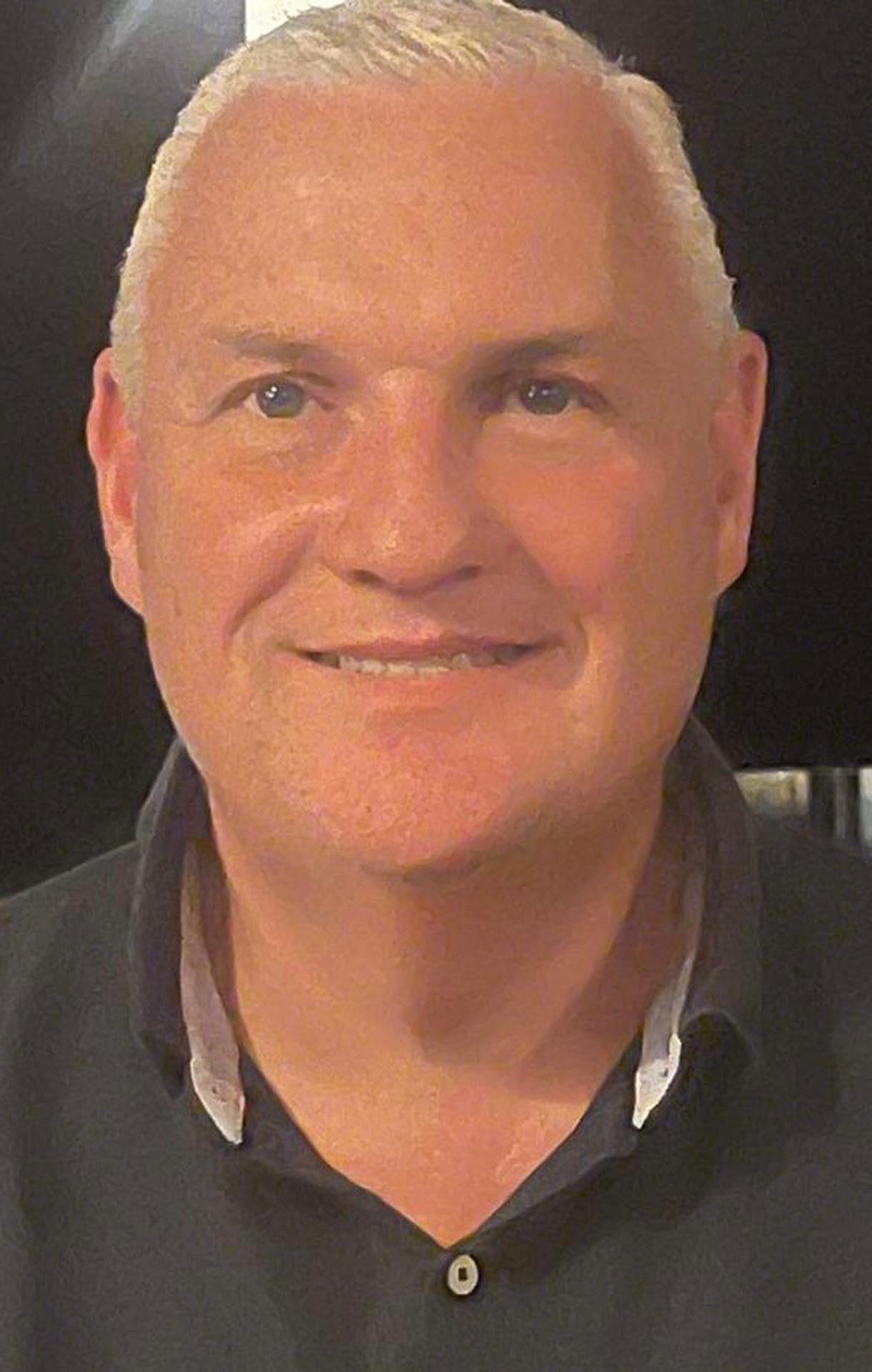
PAUL LONG
FemTech Innovations: Prebiotics and the Path to Microbiome Rebalance
Professor Paul Long is a microbiologist by training and his research uses a combination of bioinformatics, laboratory and field studies to discover high value products from nature, particularly from aquatic environments. As well as working in academia both in the UK, Europe, Latin America and USA; Prof. Long has worked for the NHS, in global pharma and start-up biotechnology industries. Prof Long has been a Visiting Scientist at the Australian Institute of Marine Science bioprospecting extensively on the Great Barrier Reef; and is currently an International Visiting Research Professor at the University of São Paulo Brazil where his research explores the biological and chemical diversity of the Amazon River Basin for human healthcare applications. Prof. Long has successfully commercialised microbial derived natural sunscreen products and is Co-Founder and Chief Technical Officer of Biotalife Healthcare Ltd, biotech spin-out commercialising patented microbiome rebalancing technology for improving women’s health.

ROBERT G. BRANNAN
From Niche to Notable: Food Science and Nutritional Perspectives on the Unique Asimina Fruit in Europe
Robert G. Brannan, Professor of Food and Nutrition Sciences at Ohio University (Athens, Ohio USA), leads a research program on Asimina triloba (North American pawpaw) that has described the fruit’s nutrients and phytochemicals and characterized other cellular components that contribute to its rapid post-harvest browning and softening. His group explores value-added processing strategies and screens A. triloba varieties for sensory quality and product development potential. Rob is the Director of Education for the yearly Ohio Pawpaw Festival, the world’s largest such festival.
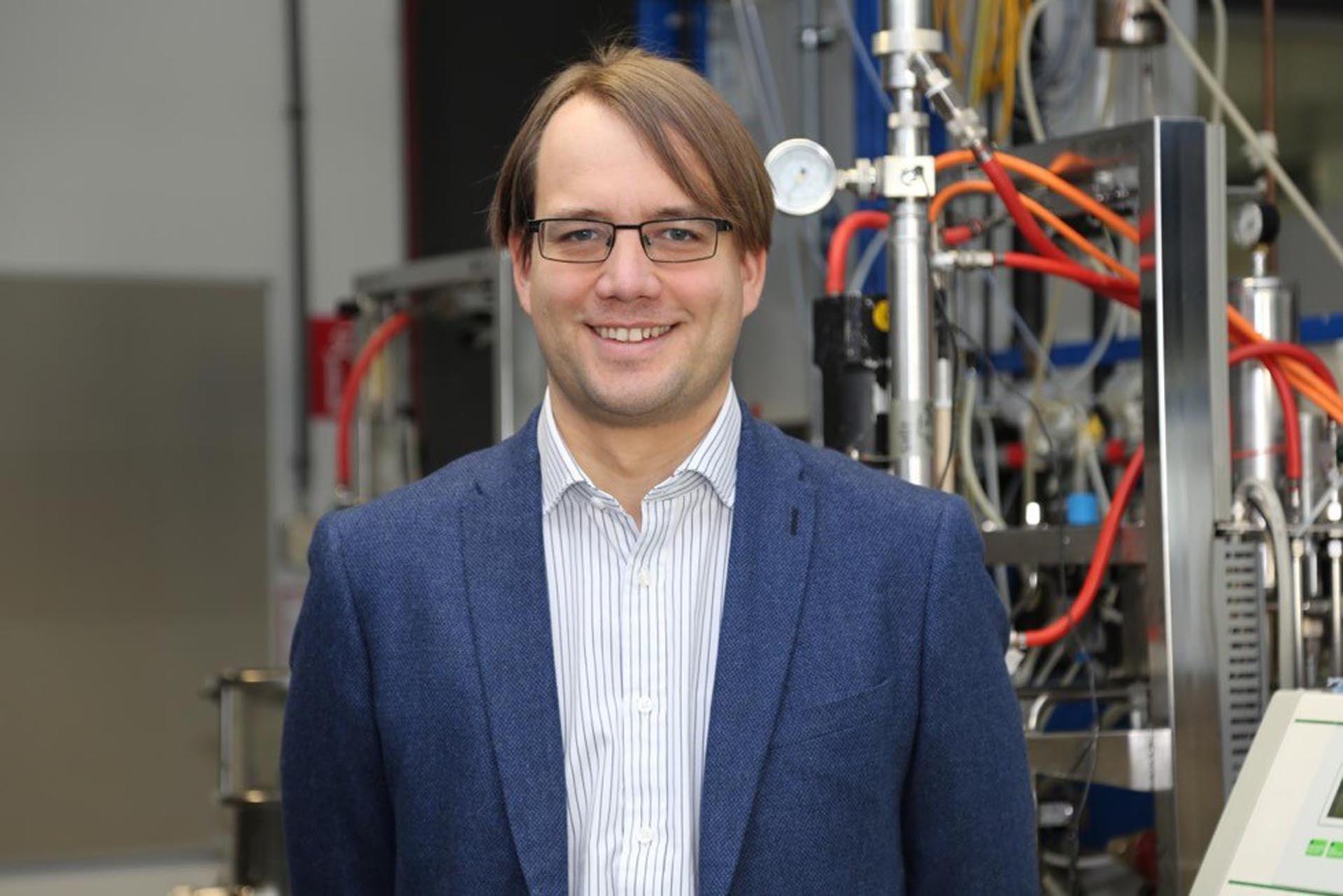
ROBERT KOURIST
Insights into Black Boxes and Traveling Back in Time – Computer-Inspired Protein Engineering for the Synthesis of Natural Products and Fragrance Molecules
Robert Kourist is Full Professor of Molecular Biotechnology and head of the institute with the same name at Graz University of Technology, Graz. After the study of Biochemistry at the University of Greifswald, he obtained his PhD on the Enzymatic Synthesis of Optically Pure Tertiary Alcohols in 2008 under the supervision of Prof. Uwe Bornscheuer at the same university. After this, he went for one year as postdoctoral fellow to the Keio University in Yokohama, Japan, and for another year to the Technical University Munich.. In 2009, he received the DSM Science and Technology Award North and a 1st prize in the VentureCup Mecklenburg-Vorpommern. From 2012 to 2016, he was Junior Professor for Microbial Biotechnology at the Ruhr-University Bochum. Prof. Kourist’s expertise lies in the field of biocatalysis with a special focus on enzyme engineering and photobiocatalysis.

SANJA MUSIĆ MILANOVIĆ
Obesity & Nutrition: The Health Promotion View
Prof. Sanja Milanović Musić, PhD, MD, is a physician, specialist in epidemiology, scientist, and university professor. She heads the Health Promotion Division at the Croatian Institute of Public Health, the Ministry of Health’s Reference Centre for Health Promotion, and leads the national health promotion program “Healthy Living”. Her scientific interests include the epidemiology of non-communicable diseases, particularly obesity, and health promotion. She is the national coordinator for the implementation of the WHO Regional Office for Europe’s cross-sectional study in Croatia, the Childhood Obesity Surveillance Initiative (CroCOSI). She also represents Croatia in various international bodies related to health promotion, including the WHO and European Commission Working Group on Health-Enhancing Physical Activity, the WHO Working Group on Lifelong Health Promotion and Maintenance, and the WHO Working Group on Obesity and Nutrition. She is the author of numerous scientific papers and book chapters focused on obesity and health promotion.
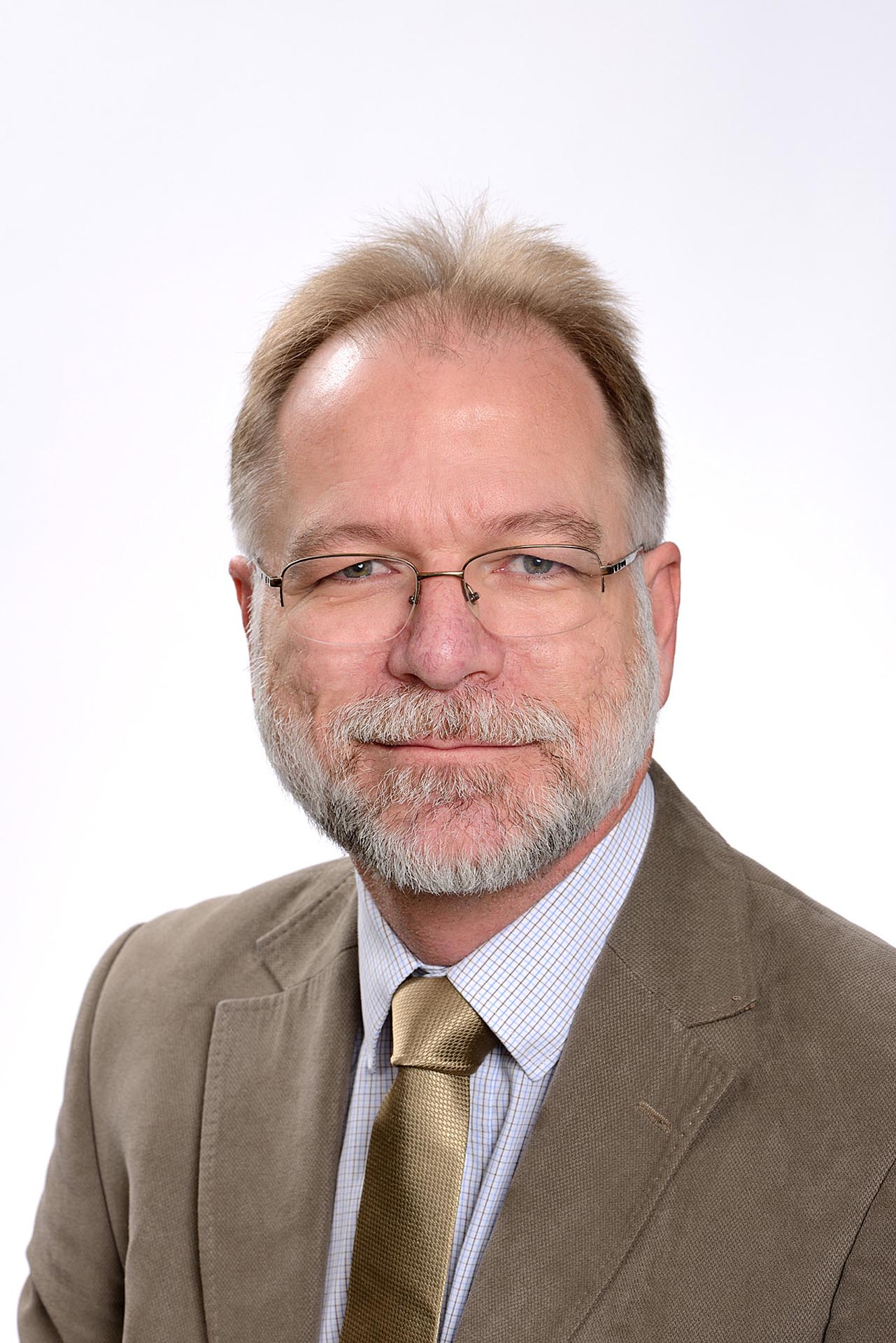
GRANT CAMPBELL
Reflections on an Academic Career in Cereal Science in the Age of GAI
Grant Campbell, Professor of Chemical Engineering, University of Huddersfield, leads the chemical engineering activities at the University of Huddersfield, and undertakes research on food process engineering and biorefineries. Originally from New Zealand, he came to the UK in 1987 to undertake his PhD at the University of Cambridge. He taught chemical engineering at the University of Manchester for 19 years before joining the University of Huddersfield in 2014 to lead the new chemical engineering programmes. Prof. Campbell was awarded the Institution of Chemical Engineers’ 2007 Morton Medal for Excellence in Chemical Engineering Education, the 2016 Hutchison Medal for the most stimulating paper published in an IChemE journal, and the 2020 Davidson Medal for Outstanding Mentoring of Young Chemical Engineers.
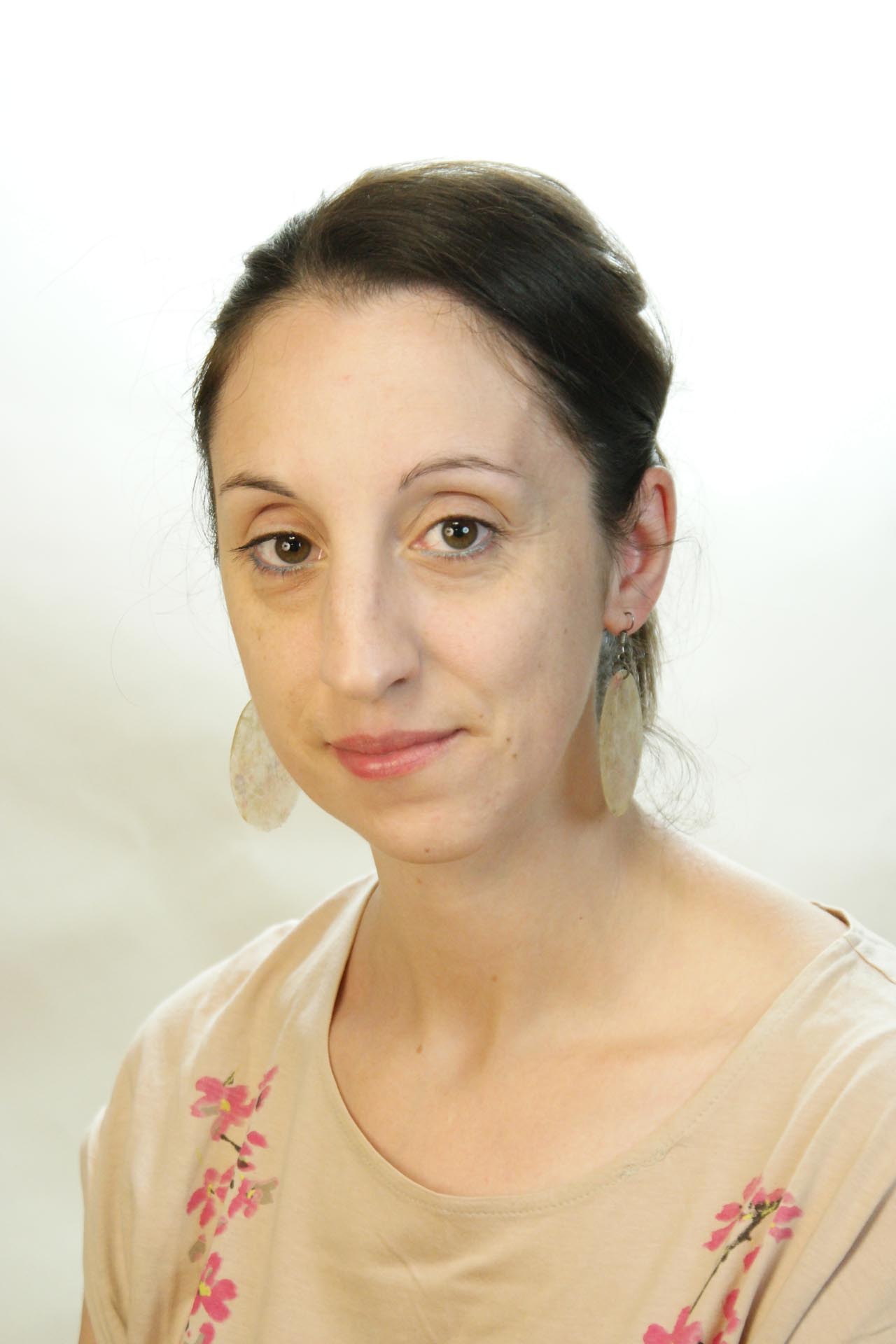
AZZURRA STEFANUCCI
Green Methods for the Recovery of Bioactive Compounds from Vegetable Matrices: Small Start, Big Wave
Azzurra Stefanucci received her Ph.D. in Pharmaceutical Sciences in 2012 at the University “G. D’Annunzio” Chieti (IT), working on opioid peptide analogues and natural bioactive compounds. She held a junior specialist fellowship at the University of California-Irvine (US), working on β-sheet analogues of ARC repressor in collaboration with the University of Santiago De Compostela-Spain (ES). After her Ph.D., she served as a Postdoc at the Department of Pharmacy of the University “G. D’Annunzio” and then in the Department of Chemistry of “La Sapienza” University of Rome. In 2016, she got a three-year Postdoc fellowship at the Department of Pharmacy of the University “G. D’Annunzio”, studying biphalin analogues and bioactive peptides from natural sources. Her research spans molecular modelling of small molecules of pharmaceutical interest, natural product synthesis and characterization using HPLC, LRMS and 1H, 2H-NMR techniques. She has received awards, contributed to funded projects, and is CEO of the spin-off “SCM Nutraceutici Universitari srl,” focused on nutraceuticals and functional foods. Currently, she is an Associate Professor in Food Chemistry, specializing in peptide chemistry and phytochemical analysis of plant extracts, with an emphasis on food waste valorization and their effects on human health.
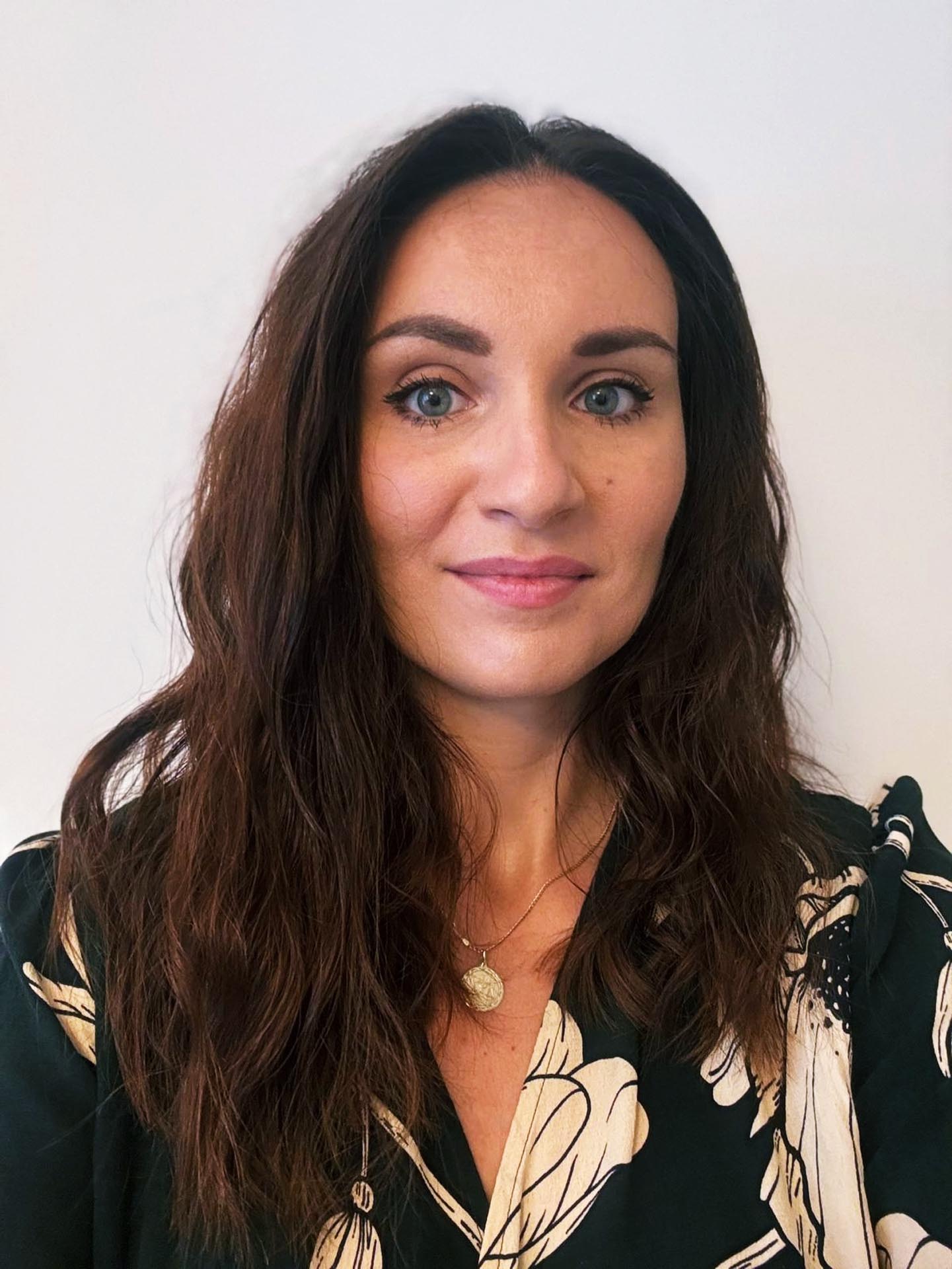
SANJA BABIĆ BRČIĆ
Developing as a Scientist: From Early Research Struggles to Funded Projects
Dr. Sanja Babić Brčić is a Senior Research Associate at the Laboratory for Biotechnology in Aquaculture at the Ruđer Bošković Institute. She earned her PhD in biology from the University of Zagreb Faculty of Science, and completed her postdoctoral training at the University of Ljubljana. Her scientific interests focus on the study of bioactive molecules derived from marine macroalgae, with particular emphasis on their neuroprotective and antitumor effects in in vivo models. In her research, she uses the zebrafish (Danio rerio) as an experimental organism for evaluating the toxicity and biological activity of natural compounds. She is the principal investigator of two scientific projects funded by the Croatian Science Foundation and the National Recovery and Resilience Plan (NPOO). She is the author of more than 40 scientific papers and has received multiple awards for her scientific contributions and work.
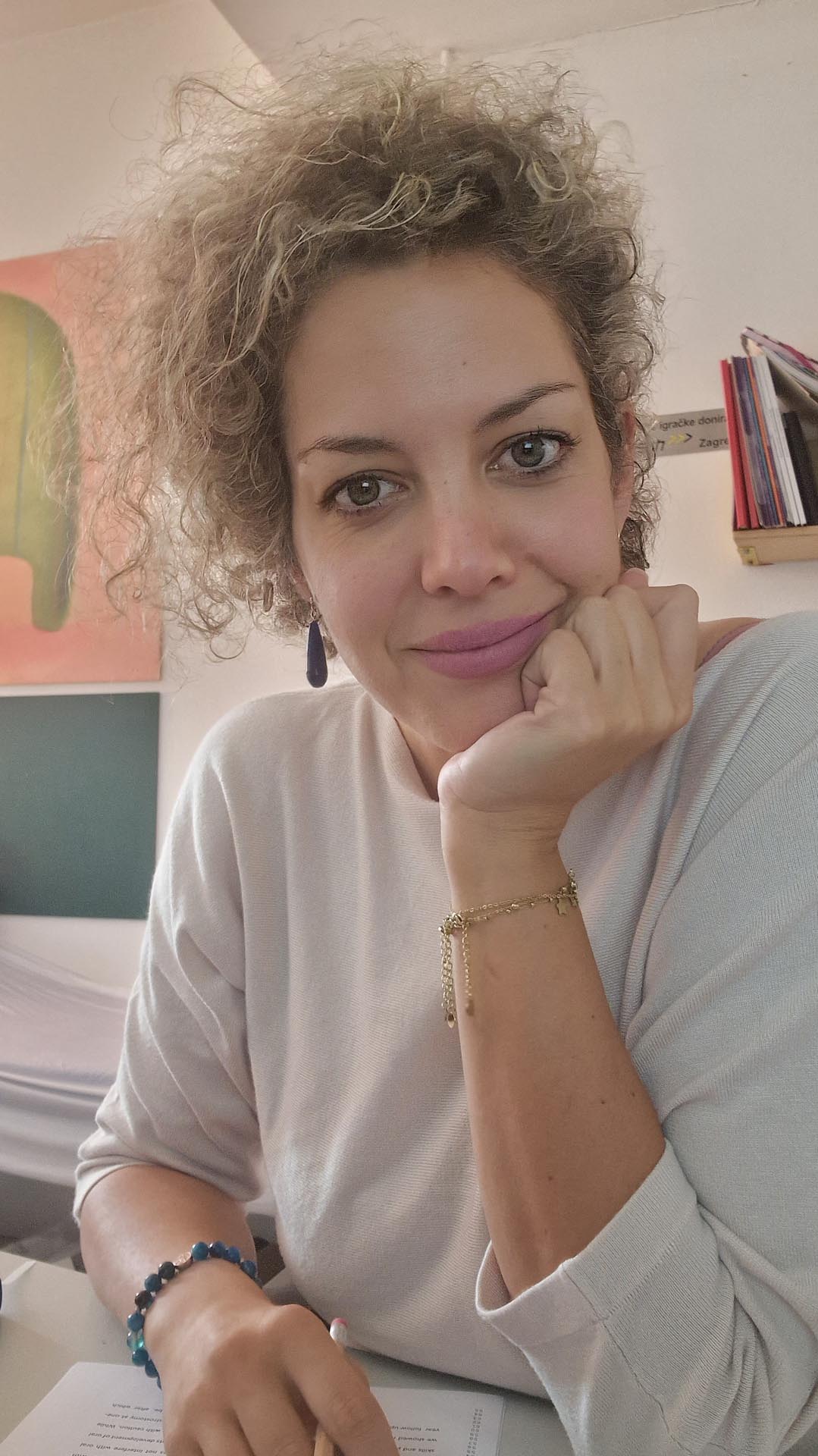
TENA NISETEO
Beyond the Food: Functional Food for Infants
Assist. Prof. Tena Niseteo, born in 1984 in Zadar. In 2008, she graduated, and in 2017 earned her PhD from the University of Zagreb Faculty of Food Technology and Biotechnology, obtaining the academic title of Doctor of Science in the field of Biotechnical Sciences, specializing in Nutrition. Since 2009, she has been working at the Children’s Hospital Zagreb within the Reference Centre for Pediatric Gastroenterology and Nutrition as a pediatric nutritionist. She lectures as an associate at the School of Medicine and the University of Zagreb Faculty of Food Technology and Biotechnology. She is the co-editor and co-author of the university textbook Nutrition in General and Clinical Pediatrics, and co-author of a chapter in the university textbook Obesity – A Clinical Approach as well as of a scientific book. She has co-mentored several undergraduate and graduate theses at the University of Zagreb Faculty of Food Technology and Biotechnology. She is involved in both international and national research projects and has published more than 30 scientific papers in high-impact journals. As an invited speaker, she has participated in more than 10 international conferences. She is a member of numerous domestic and international associations and is an active member of the Allied Health Professionals Committee of the European Society for Pediatric Gastroenterology, Hepatology and Nutrition (ESPGHAN). She currently serves as the secretary of the Croatian Nutritionists’ Association.

VALI MARSZALEK
EU Food & Beverage Sector: Impacts, Risks, and Opportunities Reported in 2025
Vali Marszalek, Sustainability/ESG Director and CEE Regional Leader at Forvis Mazars, has 10 years experience in sustainability. At Forvis Mazars, she leads the sustainability services in the Adria and CEE region, helping companies respond to EU regulations. Many of her projects include climate related services like carbon emissions calculations, climate risk assessments and net zero strategies. Her clients come from different sectors, including Food & Beverage and Agriculture. From 2016 to 2022, she held the position of Executive Director of Global Compact Network Croatia and today she is actively involved in the initiative, holding the position of President of the Board of Directors of Global Compact Network Croatia. In her role as ED, she ran different accelerator programmes for businesses including two climate focused accelerator programmes for setting climate goals in accordance with SBTi requirements. Vali is a Certified Impact Auditor for ISO26000 verification and has a certificate in Circular Economy and Sustainability Strategies from Cambridge Judge Business School. Since 2023, she teaches Business Ethics and CSR at the Rochester Institute of Technology – RIT Croatia.
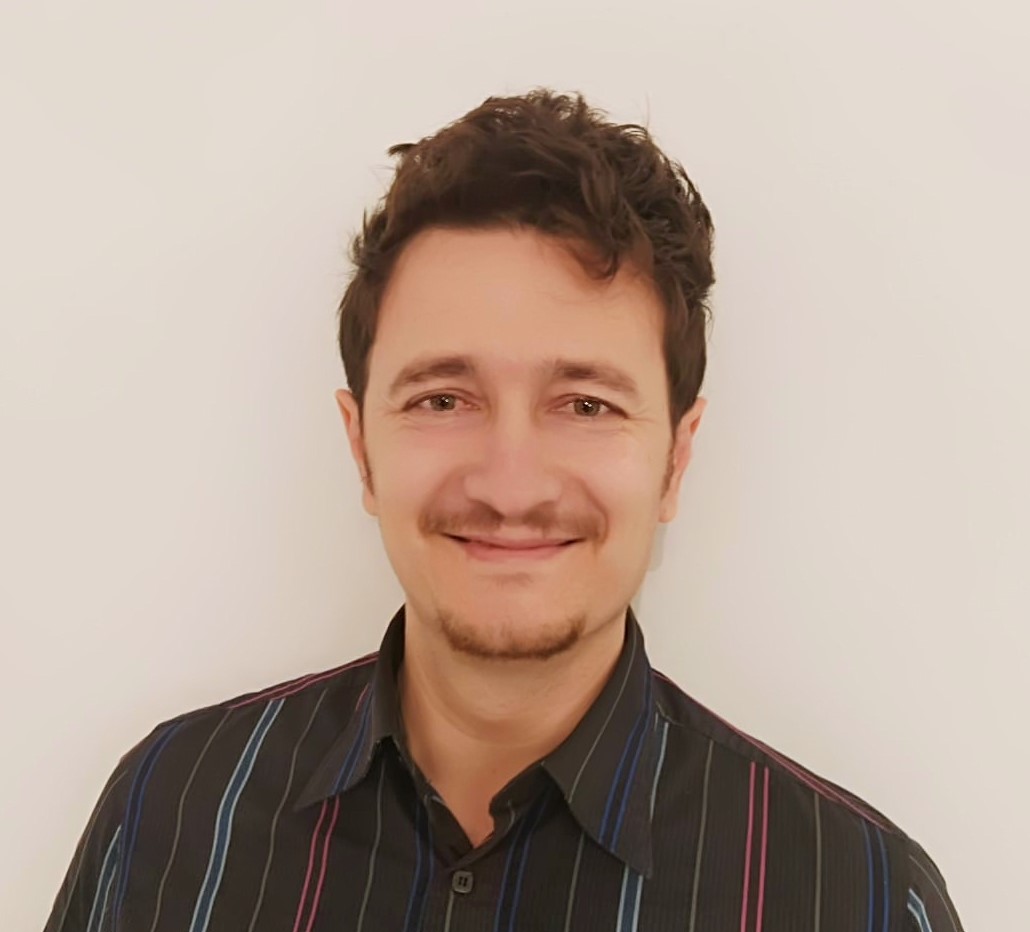
VITTORIO CAPOZZI
Microbial Innovation for a Sustainable Food Future: Lactiplantibacillus plantarum as Model
Vittorio Capozzi is Senior Researcher at the Institute of Sciences of Food Production, Italian National Research Council (CNR). He got his PhD in Biotechnology of Food Products, discussing a thesis about the molecular biology of lactic acid bacteria. During his Ph.D., he spent 9 months in Dijon (France), working at the Institut Jules Guyot, Université de Bourgogne and at the National School of Biology Applied to Nutrition and Food. He has post-doc experiences in the following institutions: Agricultural Research Council (CRA) of Italy, University of Foggia, Science Institute of Vine and Wine of the Bordeaux University (visiting), Free University of Bozen, Edmund Mach Foundation.
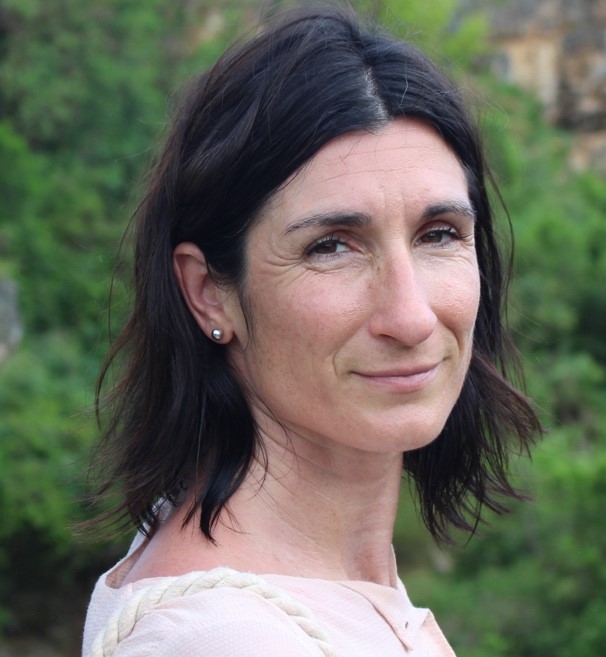
VALÉRIE GUILLARD
The Benefice of Biodegradable Packaging for More Sustainability in the Food Chain
Valérie Guillard is a professor at the University of Montpellier and is a researcher at the Agropolymers Engineering and Emerging Technologies Joint Research Unit since 2005. She has coordinated several national and European projects with the common goal of developing sustainable food packaging such as the H2020 GLOPACK project. She is currently coordinating the PRIMA INTACTBIOPACK project, which brings together 11 partners from 7 different countries and aims at developing intelligent and active biodegradable packaging solutions for Mediterranean food. Engaged for several years in research toward zero plastic and zero waste in the food chain, she is working on the emergence of a new generation of bio-benign packaging that preserves the properties of food as effectively as possible.
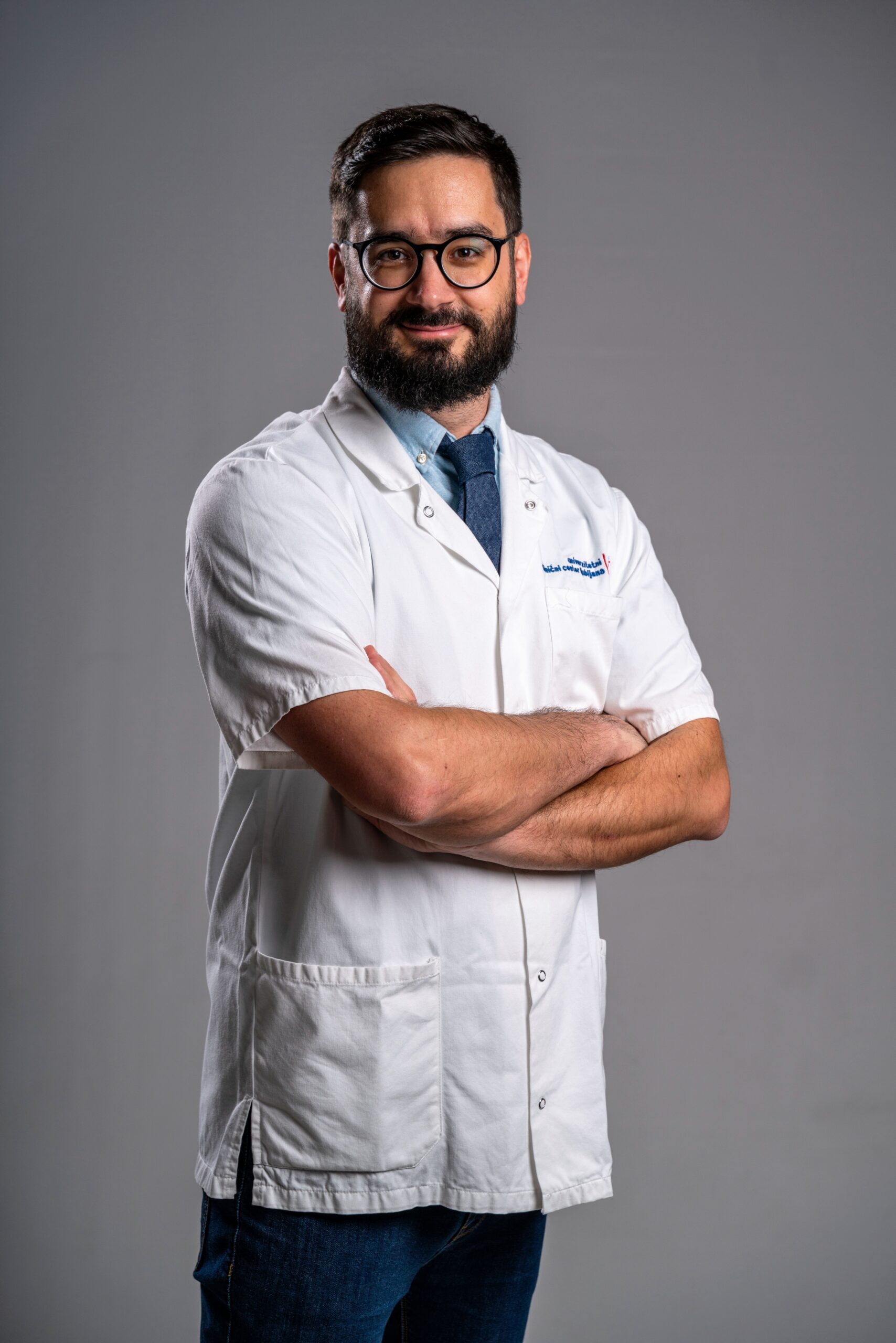
EVGEN BENEDIK
Hydration in Children and Adolescents
Evgen Benedik, born in Kranj, Slovenia in 1986. 2005-2010: studied Food Science and Technology at the Biotechnical faculty of the University of Ljubljana (BF UL), 2010-2015: PhD in Biosciences, major in Nutrition (BF UL). Employment: 2010-2015: junior researcher at the Division of Paediatrics at the University Medical Centre Ljubljana (UKCLJ), 2015-present: clinical dietician (UKCLJ); 2015-2018: teaching assistant with PhD in Nutrition (BF UL), 2018-present: Assistant Professor in Nutrition (BF UL). Pedagogical work: elected Assistant Professor in Nutrition for the period 2018-2028. He teaches three subjects at BSc level, one at MSc level and one at PhD level at BF UL; and two subjects at BSc level and one at MSc level at University of Maribor; and one subject at BSc level and one at MSc level at the University of Primorska. He supervised 11 bachelors’ theses and 8 masters’ theses. Research work: he has been involved in five research projects. The research work includes the study of the effects of human nutrition in the first 8000 days of life on longevity and the incidence of obesity, diabetes, cardiovascular and other chronic diseases. He is currently running two clinical studies on coeliac disease and irritable bowel disease in paediatrics. Bibliography: he published 42 scientific and professional papers and presented his work at numerous scientific and professional conferences (118). His complete bibliography can be found here. Additionally: In 2016, he founded an Institute for Nutritional programming. In 2017, he became a member of the European Society of Paediatric Gastroenterology, Hepatology and Nutrition. He organises the annual Simčič Symposium together with MSc nutrition students available on YouTube channel.
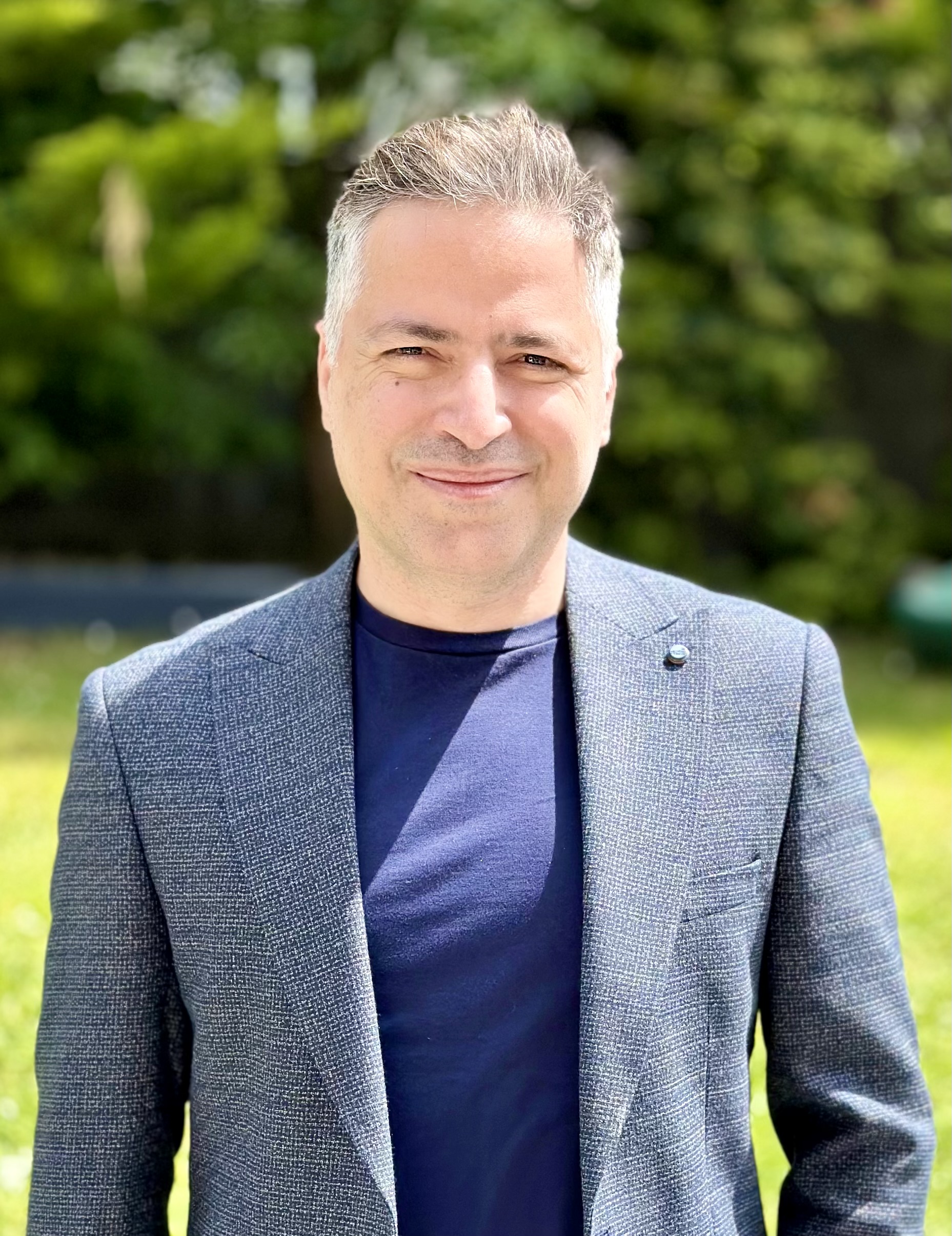
ASHKAN MADADLOU
Liquid-Liquid Phase Separation in Food Systems
Ashkan Madadlou is Senior Lecturer (Associate Professor) in Food Structuring and Process Design at University College Cork (UCC), Ireland. His research explores edible soft matter with a focus on emulsions, water-in-water (all-aqueous) systems, biomimetic foods, and hybrid dairy–plant structures. Before joining UCC in 2024, he was Associate Professor of Food Chemistry at NTNU (Norway) and previously held research fellowships at Wageningen University & Research (The Netherlands) and INRAE (France). He has served as Editor for Food Chemistry (2021–2024) and the Journal of Dairy Research, supervised multiple MSc and PhD projects, and leads/has led grants from the Good Food Institute and national/European agencies. Ashkan earned his PhD in Food Science & Technology from the University of Tehran, including a visiting period at UCC, and has authored extensive work on emulsification, microgels, and delivery systems.
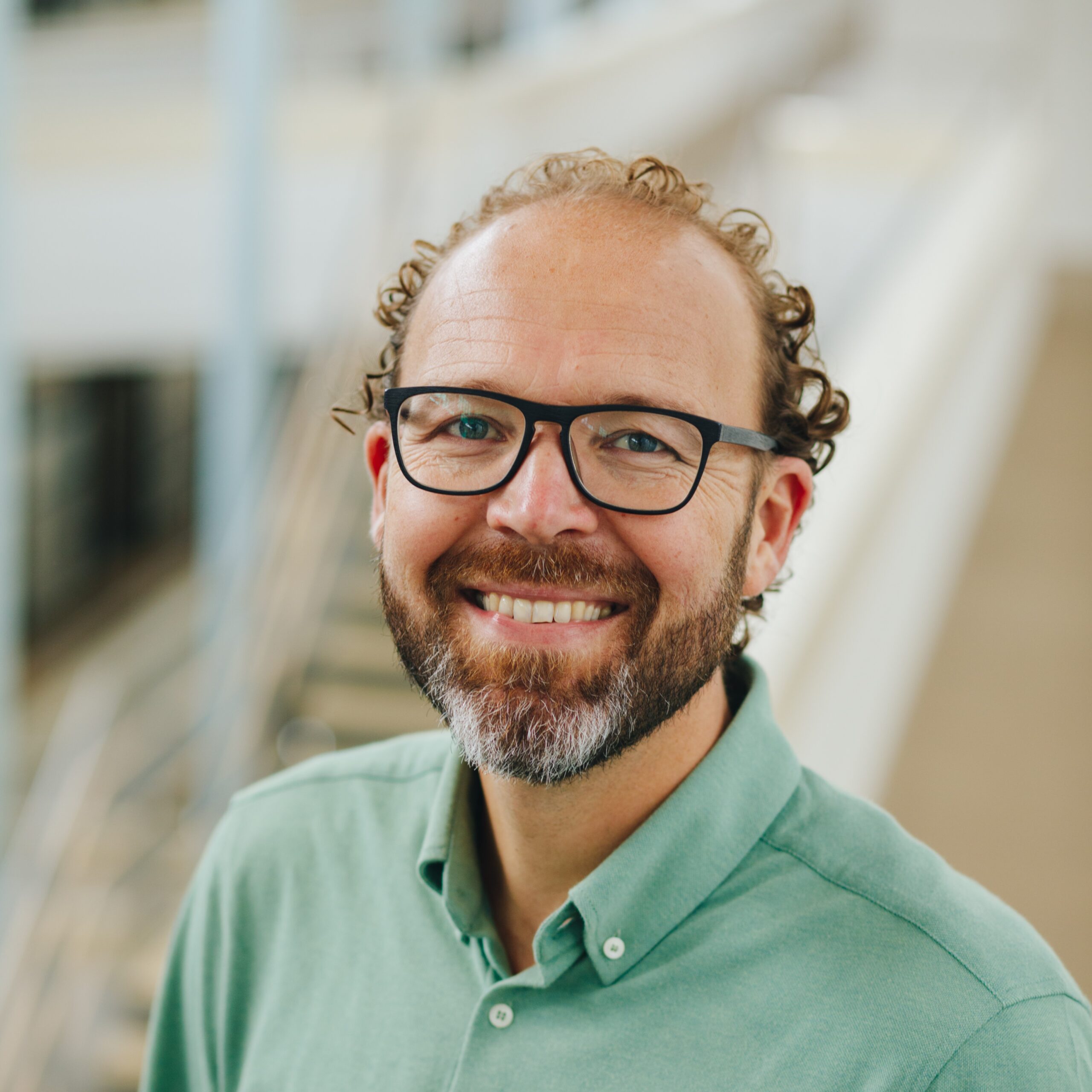
MARTIJN NOORT
Will 3D Food Printing Re-shape the Food Industry?
Martijn Noort works as senior scientist and project manager for Wageningen Food & Biobased Research, which is an applied scientific research institute as part of Wageningen University & Research. As a Food Technologist specialized in cereal science, his research focuses on innovations for healthy and sustainable food products, amongst others through innovative food processing and 3D food printing. Martijn coordinates several African-European collaborations and projects to develop nutritious and attractive staple foods based on climate resilient crops. Martijn is also an executive board member of ICC.
Keynote Speaker for Satellite Symposium:
“Vera Johanides”: Focusing on the latest developments in biotechnology in Croatia
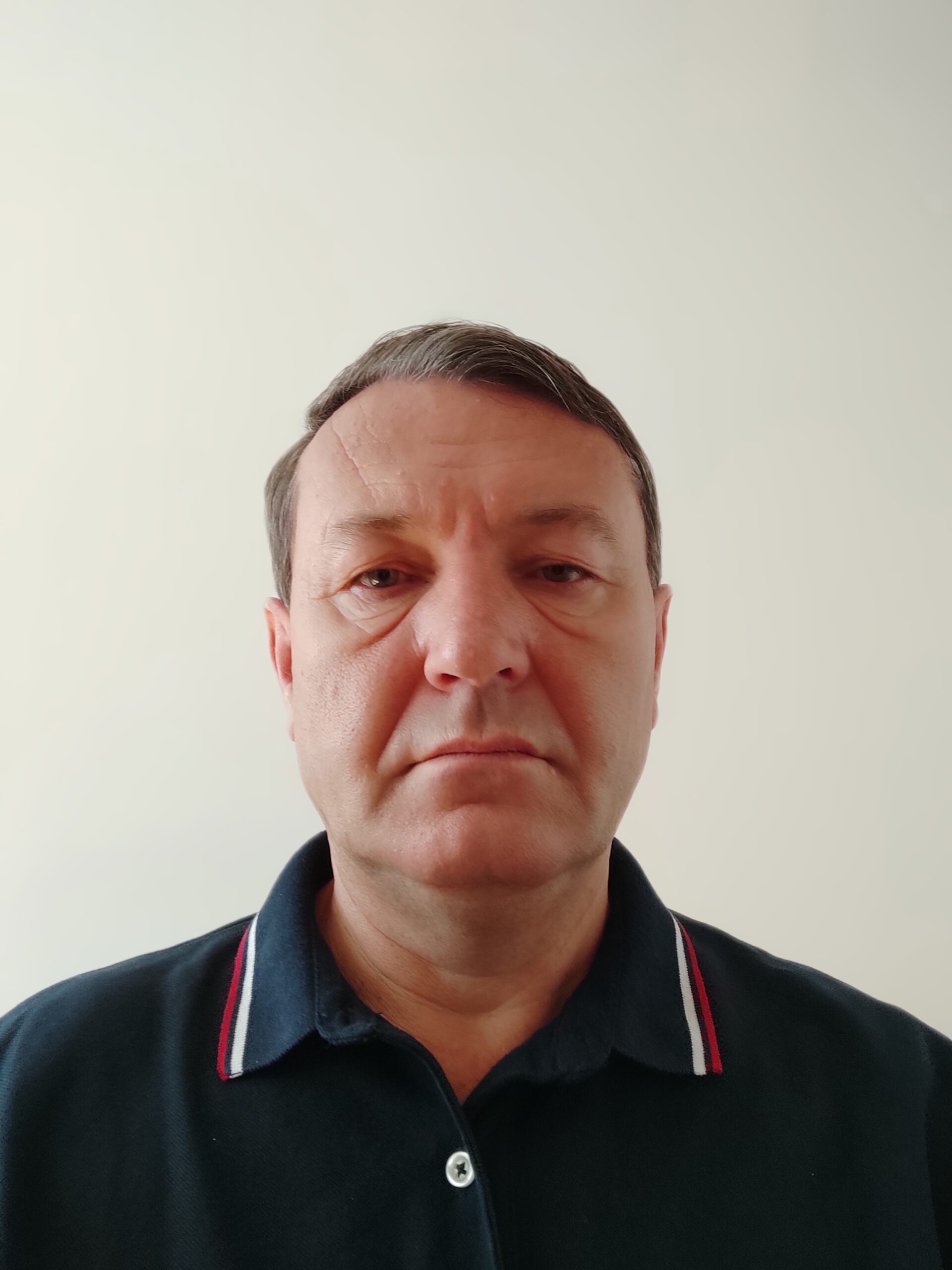
BOŽIDAR ŠANTEK
Development of Biotechnological Sector in Croatia
Prof. Božidar Šantek is a full professor in the Department of Biochemical Engineering, Faculty of Food Technology and Biotechnology, University of Zagreb, Croatia. His research interests include sustainable production of biofuels and biochemicals with different working microorganisms, bioprocess sustainability assessment, bioprocess kinetics, mathematical modelling of different bioprocesses and scale-up, biological wastewater treatment and biogas production. He is a member of the editorial board of three scientific journals indexed in ISI Web of Science.
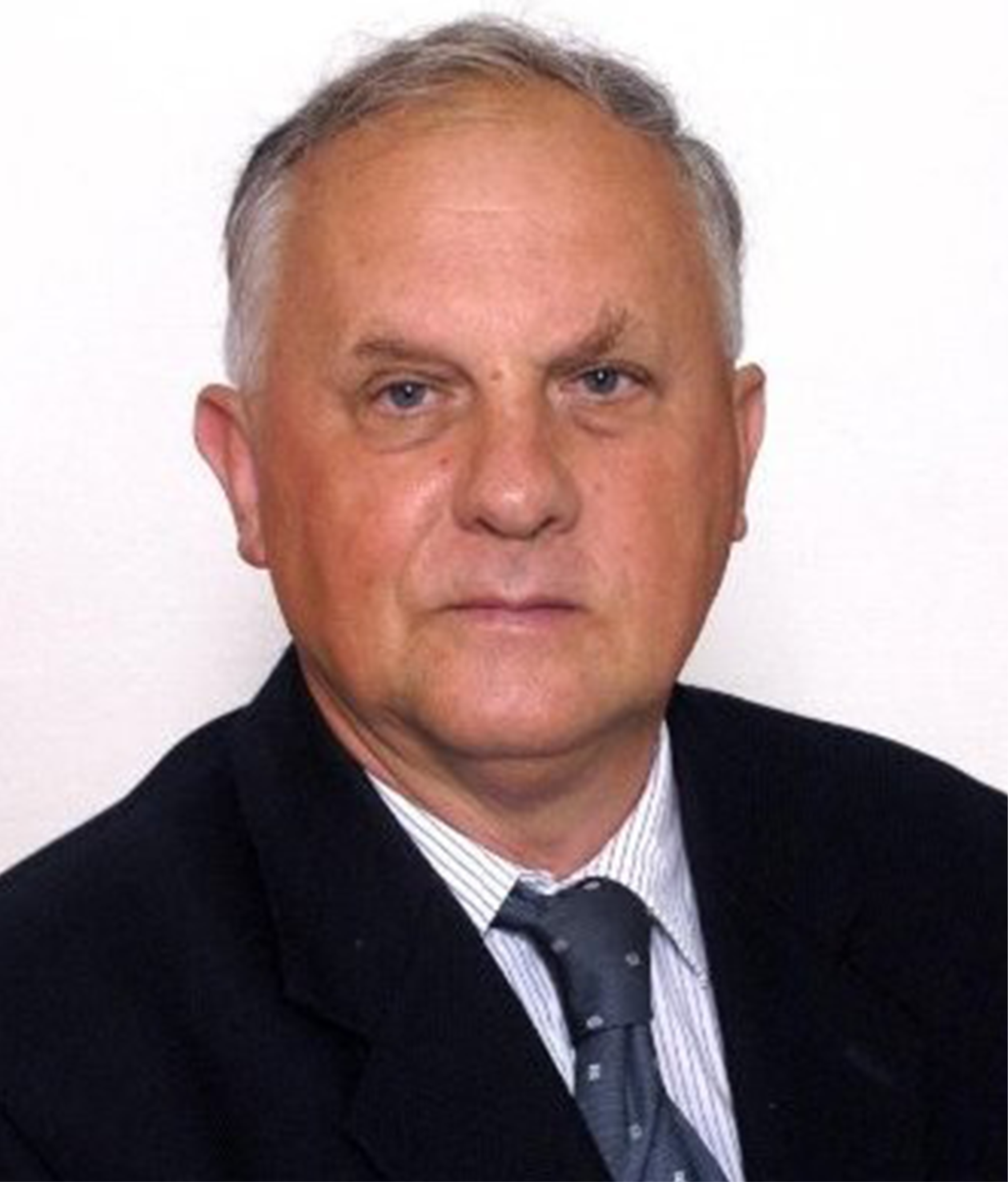
ŽELIMIR KURTANJEK
Future is Today: AI in Biotechnology, Food Technology and Nutrition
Prof. Želimir Kurtanjek is a retired professor of chemical engineering at the University of Zagreb, Faculty of Food Technology and Biotechnology, Croatia. His research has been in the application of chemical engineering principles of mass and energy balances, statistical analysis and computer simulation for biotechnological processes. Recently, he is engaged in the application of artificial intelligence and causal analysis for the development of digital IV generation industrial processes.
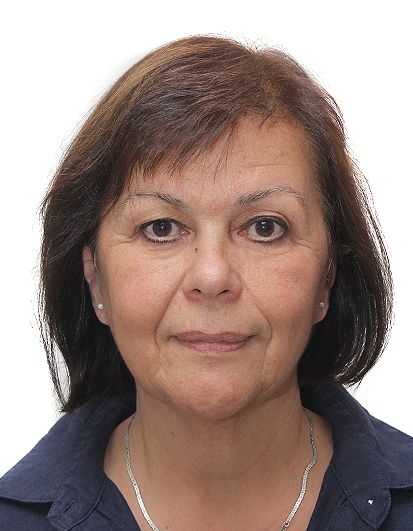
DUŠICA VUJAKLIJA
Phosphoproteome Dynamics of Streptomyces Rimosus during Growth and Antibiotic Production
Dušica Vujaklija, PhD, Scientific Advisor, Laboratory for Mass Spectrometry and Functional Proteomics; Scientific Center of Excellence (BioProCro), Ruđer Bošković Institute. Dr. Vujaklija is a molecular microbiologist with over 30 years of research experience. She earned her PhD at the University of Tokyo and completed postdoctoral training at the University of British Columbia. From the early stages of her career, her work has focused on Streptomyces species, investigating the genes, proteins, and regulatory mechanisms that govern their complex developmental cycle and the biosynthesis of antibiotics and other bioactive metabolites with medical and biotechnological applications. She also led a research group within the project “Bioprospecting of the Adriatic Sea”, which explored marine microbial biodiversity and developed methods for discovering biologically active compounds with industrial potential. Her research findings, produced in collaboration with national and international partners, have been published in leading international journals across molecular microbiology and biochemistry (link). Dr. Vujaklija is co-director of the renowned International Summer School of Applied Molecular Microbiology (SSAMM) and plays a prominent role in professional associations, currently serving as President of the Croatian Genetics Society.